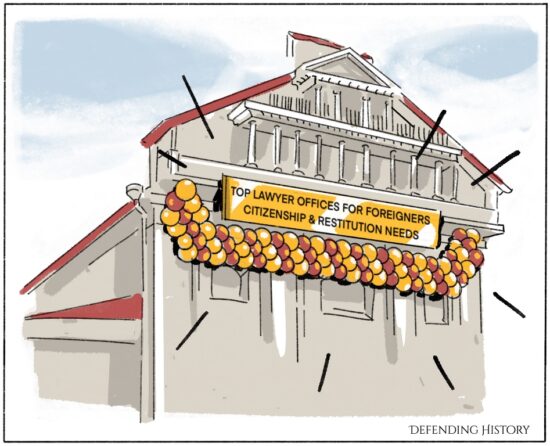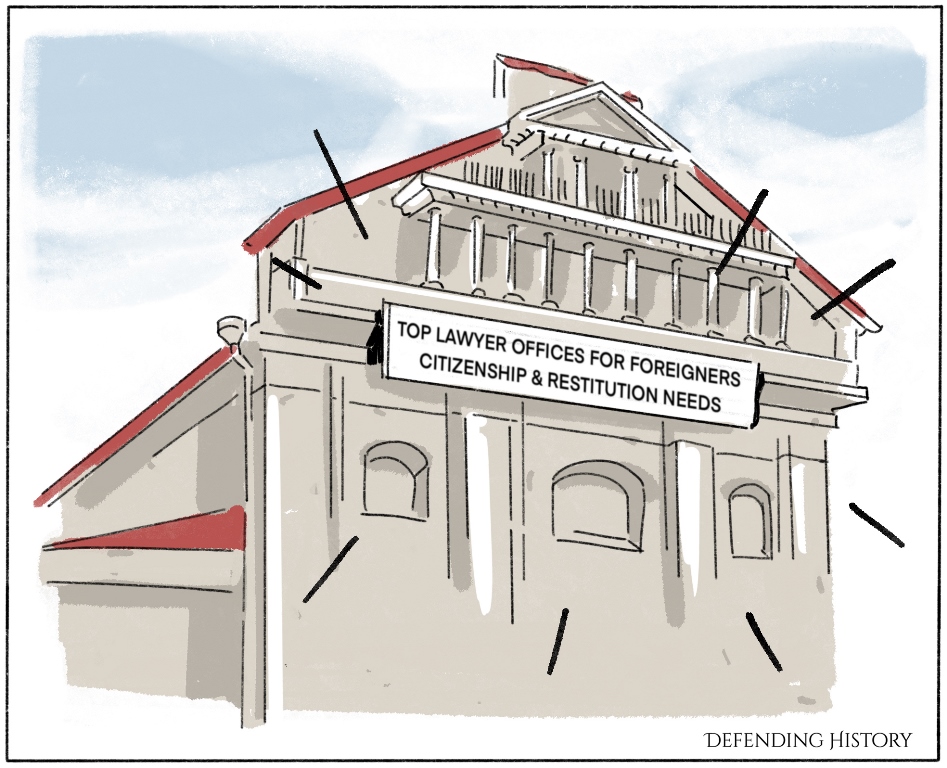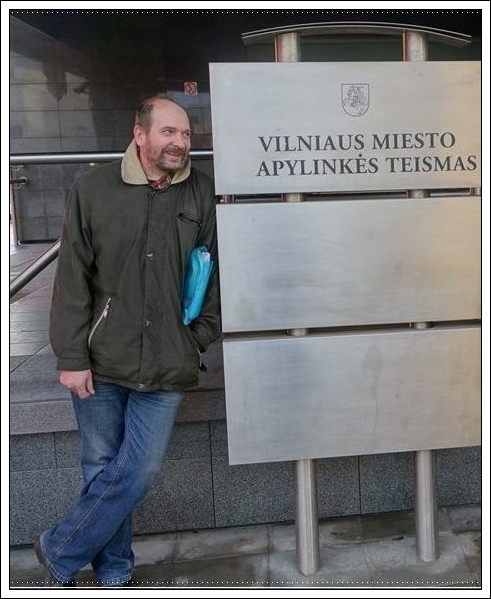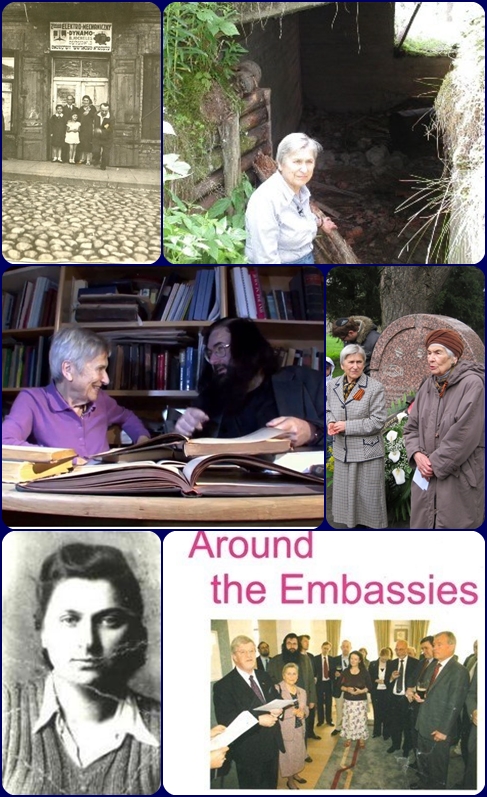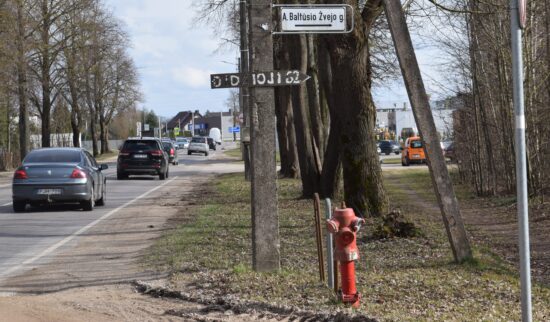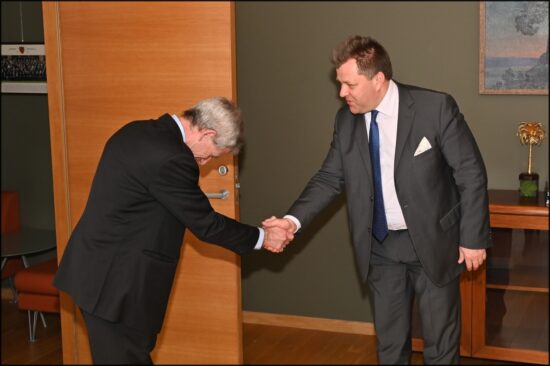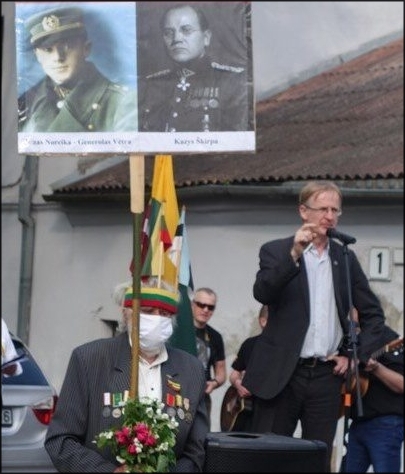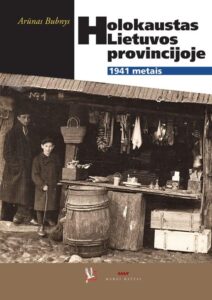◊
◊
 ◊
◊
Most Lithuanian government officials in diverse branches of its democratic government, including so many in its Culture and Education ministries, its local museums and libraries, its schools and cultural centers, have a warm and healthy attitude toward both the historic weight and tragic fate of the nation’s Jewish minority. This is important to keep in mind as we come yet again to provide a voice for the voiceless: the manipulation of the fragile Litvak and Yiddish culture, of the last survivors and their families, and of Holocaust history by some small and lavishly financed “Jewish fix-it units” including the Genocide Center, Genocide Museum, Red-Brown Commission, and a scattering of “Jewish, Yiddish and Litvak” centers in central Vilnius, a good part of which exclude from all professional participation people — including top specialists in the relevant field — who dare disagree with state revisionism on the Holocaust. In some cases, this policy brings about the succeeding phase of “Jewish” addresses without a single Jewish member of staff (think African American Cultural Center in Alabama, staffed by pure lily-whites who won’t mess up and peradventure say something contrary to local “patriotic” history-book narratives demanded by nationalists).
Even as the civilized world joins in condemning the barbaric, medieval Putinist invasion of peaceful Ukraine, and unites to embrace its people, and the freedom and simple peace they seek, the Lithuanian Seimas (parliament), is hosting the grand opening of the latest “Litvak Congress” (program here and here), at which none of Lithuania’s great Litvak achievers of recent years, have been invited to speak, or in most cases to even attend. They are being cancelled during their lifetime. The list is long. Just a few examples: Genrich Agranovski, Anna Avidan, Chaim Bargman, Roza Bieliauskienė, Ruta Bloshtein, Fania Yocheles Brantsovsky (Brancovskaja), Dalija Epšteinaitė, Prof. Pinchos Fridberg, Simon Gurevich (Simonas Gurevičius), Irina Guzenberg, Elen Janovskaja, Regina Kopilevich, Arkady Kurliandchik, Polina Pailis, Prof. Josif Parasonis, and (now in retirement in Berlin) Rachel Kostanian. These and others have made empirically demonstrable and durable contributions to the Litvak heritage and its documentation and perpetuation well into the future, and have valiantly and selflessly fought for Litvak causes, a category in which defense of history is a cause as paramount as any.
Continue reading
